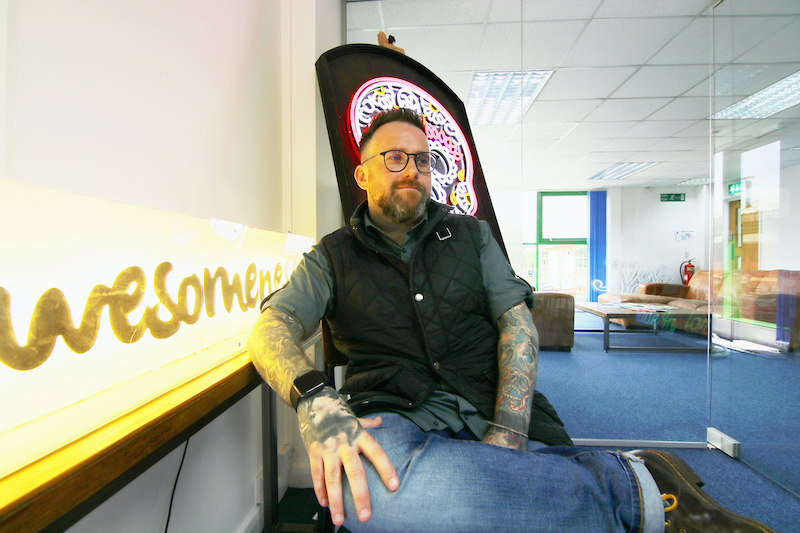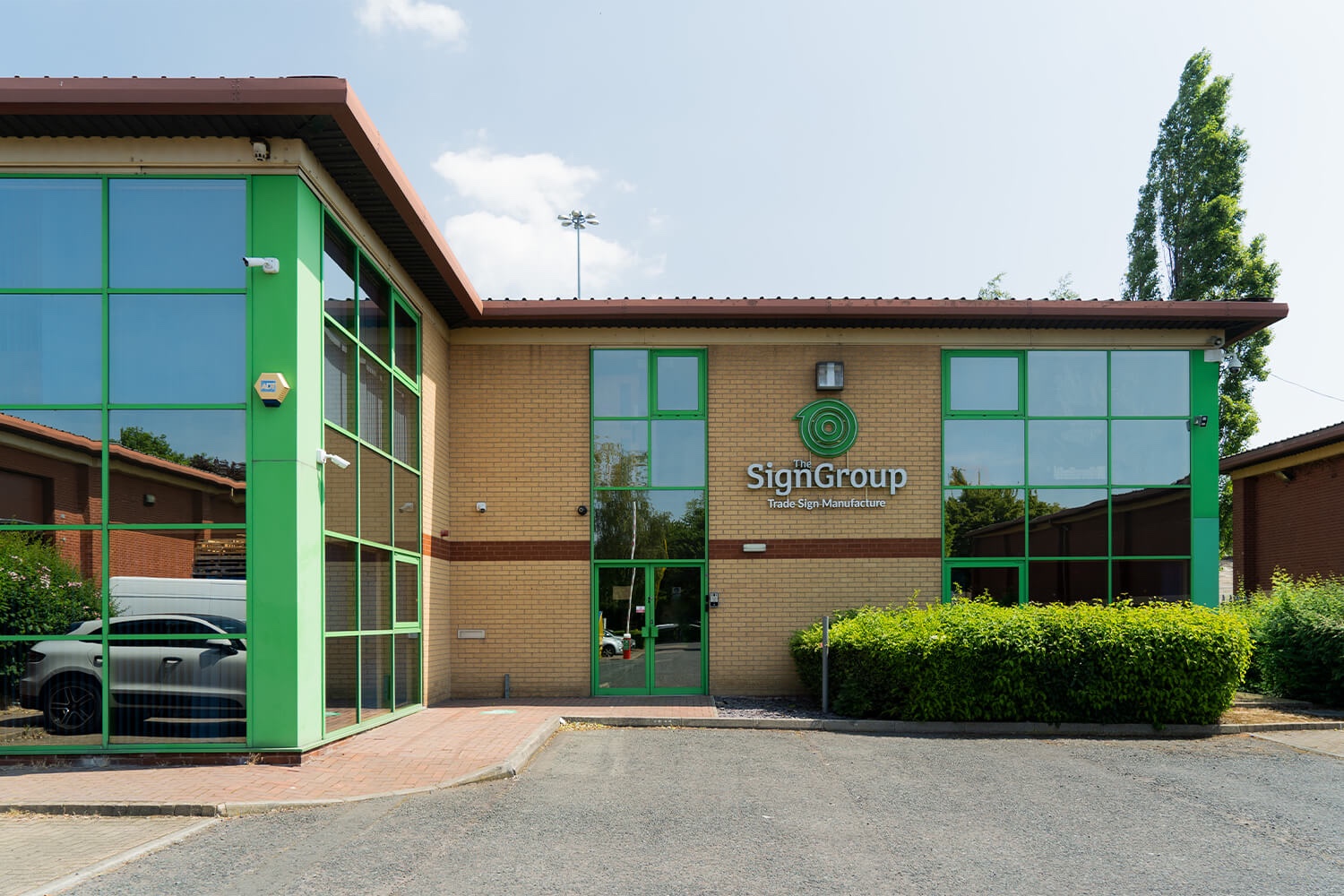Sustainability within the sign industry presents a unique challenge when it comes to measurement and accountability. We all share a desire to nurture a healthier planet for our children and future generations, and it’s evident that proactive environmental responsibility is imperative.

So, how do we navigate this path? For manufacturing companies, particularly focusing on the Environmental pillar, prioritising sustainability to reduce our carbon footprint is paramount. This entails exploring sustainable options for raw materials, scrutinising suppliers, optimising energy consumption, enhancing production efficiencies, and selecting eco-friendly equipment.
However, the reality is that sustainability often comes at a cost. Whether it’s investing in sustainable practices or engaging third-party entities to measure emissions, there’s a financial implication. Yet, this shouldn’t deter businesses; rather, it underscores the need to market sustainability efforts effectively, potentially opening avenues for financial support.
Measurement is key in this journey. For most SMEs, the focus is on Scope 1 & 2 emissions, possibly extending to Scope 3 depending on the nature of their operations. These scopes delve into tangible aspects such as procurement, location, workforce, and fleet management. The data collected is then processed through sophisticated tools to generate a CO2e measurement, offering insights into the carbon footprint. Regular monitoring allows for tracking progress and striving towards a net-zero emission goal.
Yet, for bespoke product manufacturers like us, showcasing sustainability presents a unique challenge. While providing carbon footprint measurements for products is standard practice, complexities arise, especially concerning materials like plastics, which can significantly contribute to emissions. Transitioning to recycled alternatives might seem intuitive, but it doesn’t always translate to lower emissions due to the intricacies of recycling processes. Delving deeper into granular details requires venturing into Scope 4 of sustainability, a feat currently beyond the reach of SMEs.

So, what’s our approach?
Firstly, we’ve embarked on a rigorous journey towards becoming a Carbon Measured Operation by partnering with CarbonQuota. This involves meticulous data compilation and annual audits to demonstrate our progress towards achieving net-zero emissions.
Secondly, and perhaps most notably, we’ve pioneered the development of a verified Carbon Emission Calculator for our Neonplus® and neon flex signs. This groundbreaking tool provides customers with certified CO2e measurements, empowering them to integrate sustainability seamlessly into their operations. Additionally, through our partnership with Carma, we offer verified offsetting options, wherein we plant trees in the UK on behalf of our customers. Each customer receives a certificate and access to a personalised dashboard, enabling them to track their environmental impact.

We’re immensely proud to offer these solutions, recognising that they represent just one facet of our journey towards net-zero emissions. By taking proactive steps and leading by example, we hope to inspire others within our industry to follow suit, collectively driving positive change for our planet.




